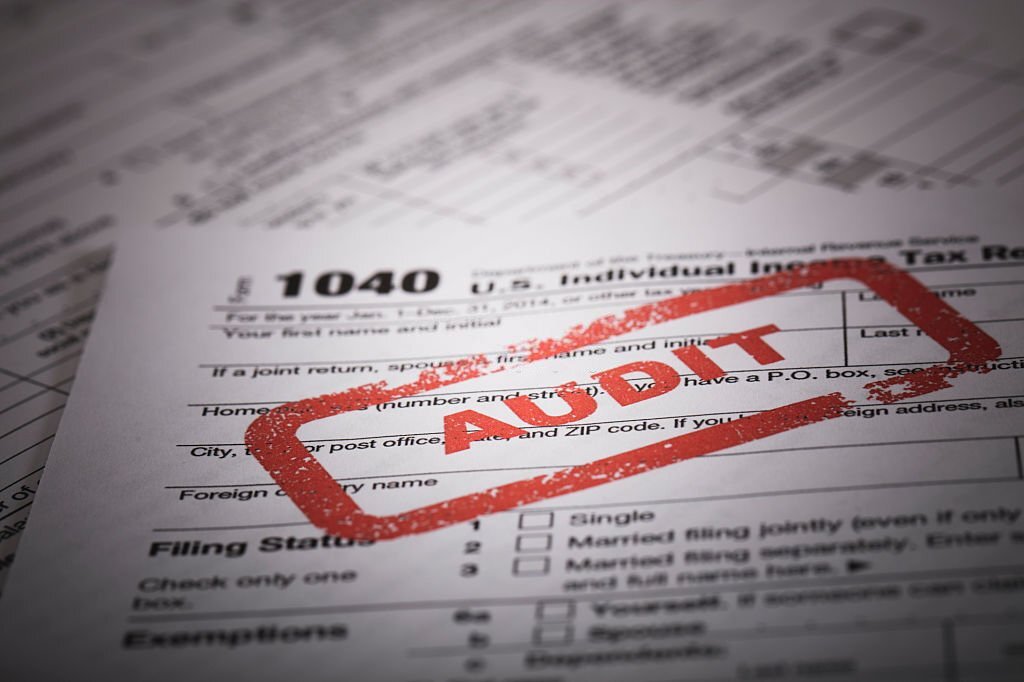
A new poll found that a majority of voters (76%) weren’t worried about the prospect of being audited by the IRS.
As we await the House of Representatives’ vote on legislation that would provide the IRS with $80 billion in additional funding over the next decade, a new Morning Consult/Politico poll found that a majority of Americans are not really worried about being the target of an audit from a potentially restocked IRS.
Morning Consult wrote:
Conservative media has echoed GOP lawmakers’ efforts to portray an increase in IRS funding as a potential auditing-free-for-all manned by 87,000 new IRS agents, but the majority of voters (76%) said they were not concerned about the prospect of being personally audited by the IRS, a view that was consistent among Democrats (74%), independents (78%) and Republicans (77%).
More specifically, when it comes to possibly being personally audited, 44% of voters said they were “not at all concerned,” including 47% of Republicans and 41% of Democrats.
Regardless of party affiliation, the share of voters who said they were “very” or “somewhat” concerned about being audited personally was about 1 in 4.
In addition to the increase in funding to the IRS, the tax and energy bill passed by the Senate last weekend called the Inflation Reduction Act of 2022, would establish a 15% corporate minimum tax, impose a 1% excise tax on corporate stock buybacks, and extend and expand tax credits for energy-saving improvements and electric cars. The House is expected to vote on and pass the bill on Aug. 12.
IRS audits have dropped significantly over the past decade, especially those targeting high-earners. According to a May 2022 report from the Government Accountability Office, the audit rate for Americans making $5 million or more fell to about 2% in 2019, compared to 16% in 2010.
In a letter to the Senate, dated Aug. 4, IRS Commissioner Charles Rettig wrote “audit rates will not rise relative to recent years for households making under $400,000.” However, large corporate and high-net-worth taxpayers should watch out, according to Rettig:
Large corporate and high-net-worth taxpayers often engage teams of sophisticated representatives who pursue unsettled or sometimes questionable interpretations of tax law. The integrity and fairness of our tax administrative system relies upon the ability of our agency to maintain a strong, visible, robust enforcement presence directed to these and other similarly situated taxpayers when they are noncompliant. These important efforts also support honest taxpayers who voluntarily comply with their filing and reporting requirements.
The Morning Consult/Politico poll found that 48% of respondents believe higher-income taxpayers will be targeted the most for audits by the IRS, but 44% think the IRS will go after middle-class taxpayers instead. Only 18% of voters said they believe the IRS would use its new enforcement funds to go after low-income earners, including just 14% of Republicans.
The poll was conducted Aug. 5-7 with a total of 2,005 respondents. The poll’s margin of error was two percentage points.


